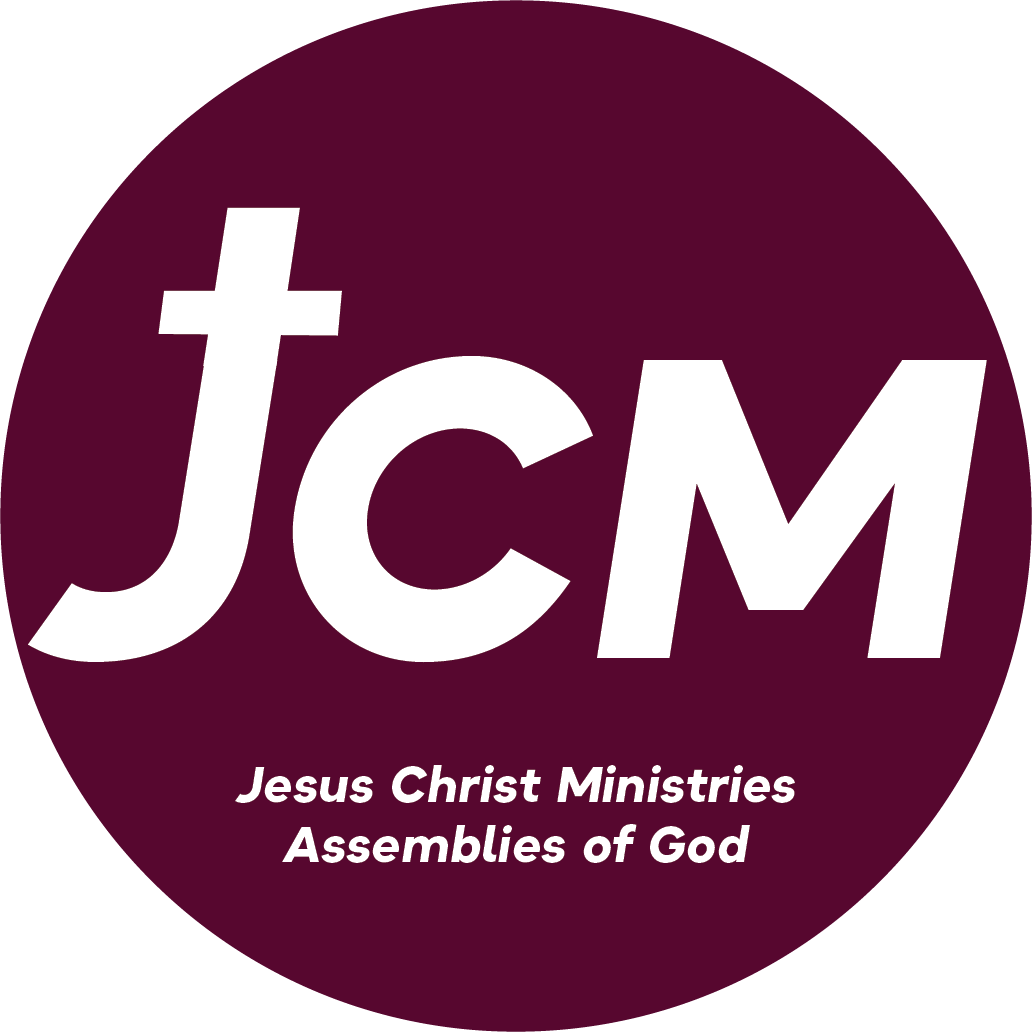On Holy Communion
This article is taken from the Pentecostal Evangel, a magazine published by the Assemblies of God. I chose this article because I realized that we often don’t recognize the importance of communion, and the seriousness of the act. Read this with a Bible in hand, and discuss this with an adult if you have any questions. I highlighted important parts. -- Kris
Communion: the Lord’s table
Some Christian traditions refer to Communion as the "Eucharist," however, the wording used is much less important than the recognition that "the Lord’s supper" (1 Corinthians 11:20) takes place at "the Lord’s table" (1 Corinthians 10:21). The original language here is quite emphatic; this experience belongs to God.
Jesus modeled the Communion moment at a Passover meal that would eventually be called the Last Supper (Matthew 26:26-28). The common label is incorrect. This was really the first supper, the beginning of two millennia of believers celebrating Christ’s presence among them. Three truths present themselves every time we meet with the Lord around His table.
Past tense: a table of history.
The Lord’s table recognizes the historical reality of Jesus’ sacrifice. Of the bread, Jesus said, "This is My body which is broken for you." Of the cup, He said, "This cup is the new covenant in My blood" (1 Corinthians 11:24,25, NKJV). Rather than being a hollow ritual about Christ, the Lord’s Supper commemorates what He has actually done for our forgiveness and reconciliation with the Father.
In water baptism, we individually identify with Christ’s death and resurrection. But at the Lord’s table, the entire community focuses on the Cross and the empty tomb. In this act, the history of redemption is affirmed by the congregation, and the congregation is affirmed by the Agent of that history. As Jesus said, "Do this in remembrance of Me" (1 Corinthians 11:24,25). Assemblies of God churches serve Communion frequently in order to bond the congregation together around the central reality of Christianity: the Cross.
Present tense: a table of accountability.
One purpose of the Communion experience is to call participants to a moment of accountability before the Lord. Paul addressed the church at Corinth on this issue. The congregation was fractured by competing loyalties and was displaying grotesque moral and relational failures. Even the regular fellowship meals, and the following Communion services, were coming to resemble the feasts held in local pagan temples (1 Corinthians 11:18-22).
The Corinthians needed to "examine" themselves: "For anyone who eats and drinks without recognizing the body of the Lord eats and drinks judgment on himself" (1 Corinthians 11:29, NIV). This injunction means that the blessing of Communion is not only neutralized, but reversed, when the Lord’s table (and the sacrifice and community it represents) is treated with disrespect. There is no benefit in the bread and cup for Christians who choose to live in flagrant disobedience before coming to the table.
Assemblies of God churches tend to take a sober attitude while serving Communion, providing opportunity for members to consider the quality of their lives and make things right with God and with others.
Future tense: a table of prophecy.
Communion is temporary. One day the ordinance will be replaced permanently by fellowship among Christ and His people in eternity (Revelation 19:9). Jesus spoke of this when He told the Twelve at their final Passover meal, "I will not drink of this fruit of the vine from now on until that day when I drink it anew with you in my Father’s kingdom" (Matthew 26:29).
Every time the church celebrates Communion, then, we "proclaim the Lord’s death until He comes"
(1 Corinthians 11:26). Coming to the Lord’s table is a way of recognizing that the future will not be an endless extension of the present. Christ is coming for His church. The bread and the cup foreshadow the real Last Supper, the one that will never end.
Ordinances are visible representations of invisible realities. We are water baptized to signify our entry into the kingdom of God through identification with Christ in His death and resurrection. We come to the Lord’s table to remember the present reality of the Cross, to make our lives accountable to God, and to look forward to Christ’s return. As we participate in the ordinances, we connect both to God and to His people.
The author, Earl Creps, D.Min., Ph.D., is director of the Doctor of Ministry Program at Assemblies of God Theological Seminary in Springfield, Mo

